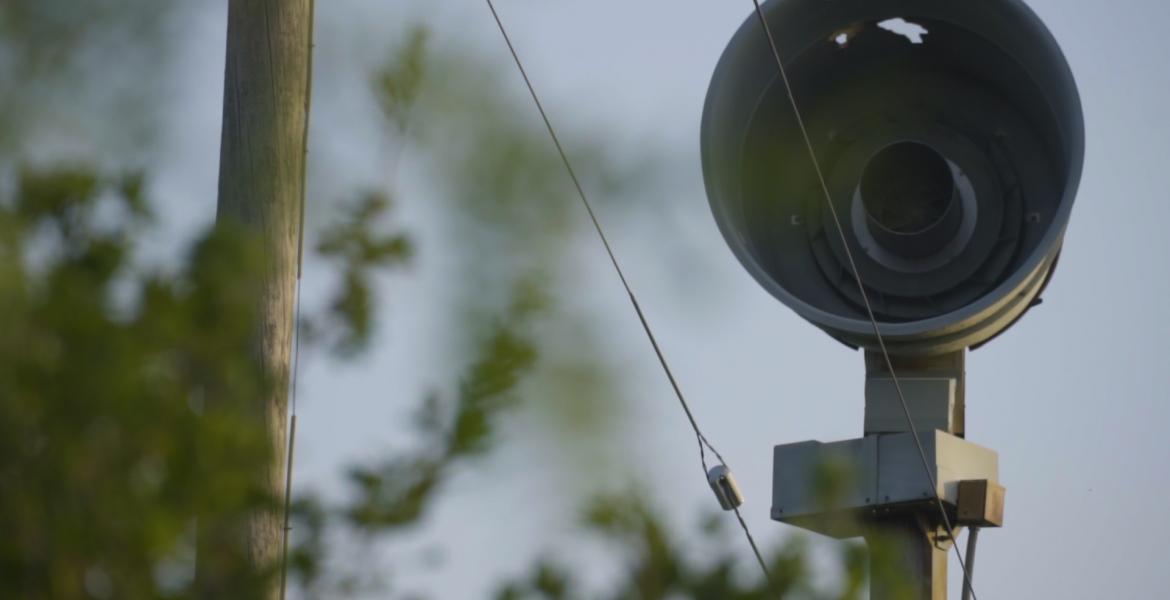SAN ANGELO, TX — City Attorney Theresa James wants the City of San Angelo to join a statewide effort to recover franchise fees from multiple streaming providers of video content including Netflix. The resolution to authorize hiring the attorneys to sue the streaming providers lists Netflix, Hulu, and Disney DTC, LLC, “and other video providers” is proposed for City Council approval on Tuesday.
Streaming providers are proving video content over broadband internet lines that are laid inside City right-of-ways. The ability to sue the streaming providers comes from a legacy Texas law called The Texas Video Service Providers Act that was enacted in 2005. That was back when Netflix was still mailing DVDs of movies. The 2005 law allows municipalities to contract with video service providers — back then the law meant cable TV providers — to exact franchise fees from them.
The applicable law (linked here) is only applicable to Texas municipalities.
The resolution to sue Netflix, Hulu, Disney, et al. will be considered by the City Council at the Tuesday meeting. The City will not incur any legal fees right away, rather, it is authorizing City Manager Daniel Valenzuela to contract with trial attorneys who have already been hired by other Texas cities. The City of San Angelo will pay the attorneys 30 percent of the recovered franchise fees and damages if the lawsuit is settled before the trial begins. If the lawsuit goes to trial, the City will pay the attorneys 33-1/3 percent.
Austin, Beaumont, Waco, Irving, Lewisville, Houston, McKinney, Arlington, Dallas, Abilene, and approximately 15 other cities in Texas have hired the law firms of McKool Smith PC, Ashcroft Sutton Reyes LLC, Korein Tillery LLC to litigate for them.
The lawsuit, already filed in state district court in Dallas, alleges that:
“Despite transmitting their video programming through wireline facilities located at least in part in the public right-of-way, Defendants have ignored their statutory obligations to obtain a state-issued certificate of franchise authority and pay the required franchise fees, depriving Texas municipalities of the required compensation for their use of the right-of-way.”
The lawsuit further alleges the streaming services are “trespassing” on the City’s right-of-way by using broadband internet wires to transmit their content.
If the lawsuit is successful, customers of streaming services can expect to see “franchise” fees added to their bills from streaming services.
Subscribe to the LIVE! Daily
Required






Comments
Listed By: Kay Tee
Optimum just piddled the floor with glee, and Frontier Fiber sighed in relief. Those of us that cut the cord in protest of paying exorbitant rates because the providers want to subsidize 75 sports and reality tv channels in order to provide the channels most people actually watch will get the green weenie.
- Log in or register to post comments
PermalinkListed By: Rita Repulsa
You might as well just OSINT random security cameras.
- Log in or register to post comments
PermalinkPost a comment to this article here: